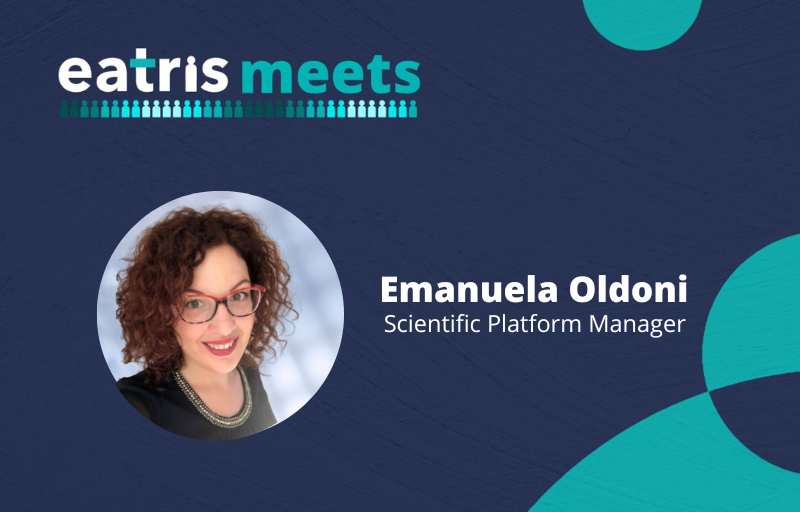
Tell us a bit about yourself
I come from Italy and I am a biomedical researcher by training. After graduation, I spent five productive years in academia, during which I conducted biomedical research in brain disorders in Italy and Belgium. During that period, I received my PhD in Translational and Molecular Medicine at the University of Milan, and in 2017 I obtained a prestigious post-doc research fellowship, funded by ECTRIMS, about biomarkers and genetics in multiple sclerosis, which has provided a rationale for personalised medicine in this disease. During my research career, I ran projects about biomarkers in neurodegenerative diseases and collaborated in international consortia.
By interacting with different stakeholders I have come to appreciate the importance of open communication, teamwork and science management. I quickly discovered these are my favourite activities and I find them very stimulating. Therefore, after my postdoc, I started working at EATRIS as a Scientific Programme Manager.
What is your role within EATRIS and what does a typical week look like for you?
Since 2020 I have been working as Scientific Programme Manager at EATRIS. I am part of the Science Team and the manager of the Biomarkers Platform, which has over 70 institutions across Europe. The Biomarkers Platform aims to accelerate the development and validation of biomarkers by creating access to high-end research infrastructure and supporting public-private partnerships.
In my typical week, I work with my colleagues and platform chairs to develop the Biomarkers Platform’s scientific agenda, and I support researchers by connecting them and providing them with a broad range of different expertise and high-quality standardised services present in the infrastructure. In addition, I am involved in different EU projects focused on personalised medicine and therefore I attend project-related meetings and activities.
What has been the highlight of your EATRIS experience so far?
I love this position as it combines my strong scientific background and my soft skills to facilitate collaborations among scientists and stakeholders pursuing a common goal: innovation and improvement of human life. My highlight is the mission that we, at EATRIS, have: to support researchers in developing their biomedical discoveries into novel translational tools and interventions for better health outcomes for society. This is the engine that moves EATRIS and me. On top of that its power has also been seen in our response to the COVID-19 pandemic and the creation of the EATRIS COVID-19 Forum.
What is translational research for you?
For me, translational research is an amazing path full of wonder and challenges. A path that sees different travellers: researchers, industry partners, clinicians, regulators, patients, and citizens walking together pursuing a common goal: improving human lives. An African proverb says: “If you want to go far, go together.” I strongly believe that the richness of translational research is in the words “go together”. Working in multi-disciplinary teams with our various expertise and knowledge will bring us far and we will be able to accelerate the translation of scientific discoveries into effective solutions for patients and citizens.
Why did you decide to work in the translational medicine field?
I always loved science. Since I was a child I wanted to understand how the human body works and I have been charmed by its mechanisms. This led me to become an enthusiastic scientist with a passion for new challenges. On the other hand, I strived for a job that makes me want to wake up in the morning knowing that I could make an impact in people’s lives. And here we are. Translational medicine is the perfect field because it permits a continuous exchange between clinic and research, and results in effective tools and interventions for improving health outcomes of patients.
What advice would you give your younger self?
I would tell my younger self that commitment, honesty, kindness towards people and passion for work are the ingredients for a successful professional life. I would tell myself to be patient as it’s never easy to start all over again in an unknown country, to learn to handle the loneliness of a few moments, to let go of certainties of your known world for the uncertainties of the new one. The future will open new horizons and bring new people and opportunities.
What do you like to do when you aren’t working?
Since August 2022, my free time is completely devoted to my daughter, Giorgia. Whatever time I have next to Giorgia, I spend cooking, travelling and spending time with my friends.
If you were a drug, vaccine or diagnostic, what would you be and why?
This is a difficult question, but I would say a diagnostic. I would love to give an answer to people’s issues and help them by identifying the disease in time so that we can act early and save their lives.
What would surprise people to know about you?
Next to science, I am passionate about arts, Italian literature and history. I can be your tour guide in my city, Bergamo or recite different pieces of the Divina Commedia by heart!
















